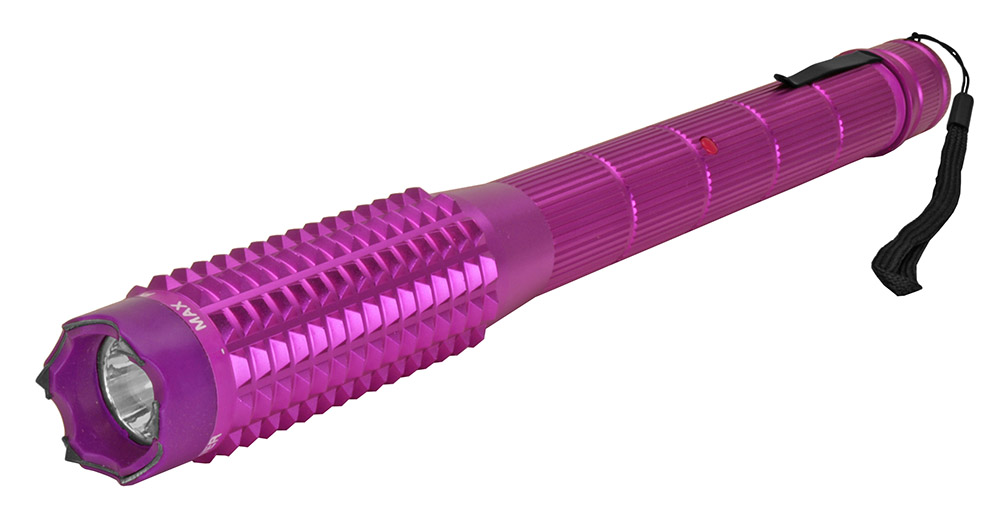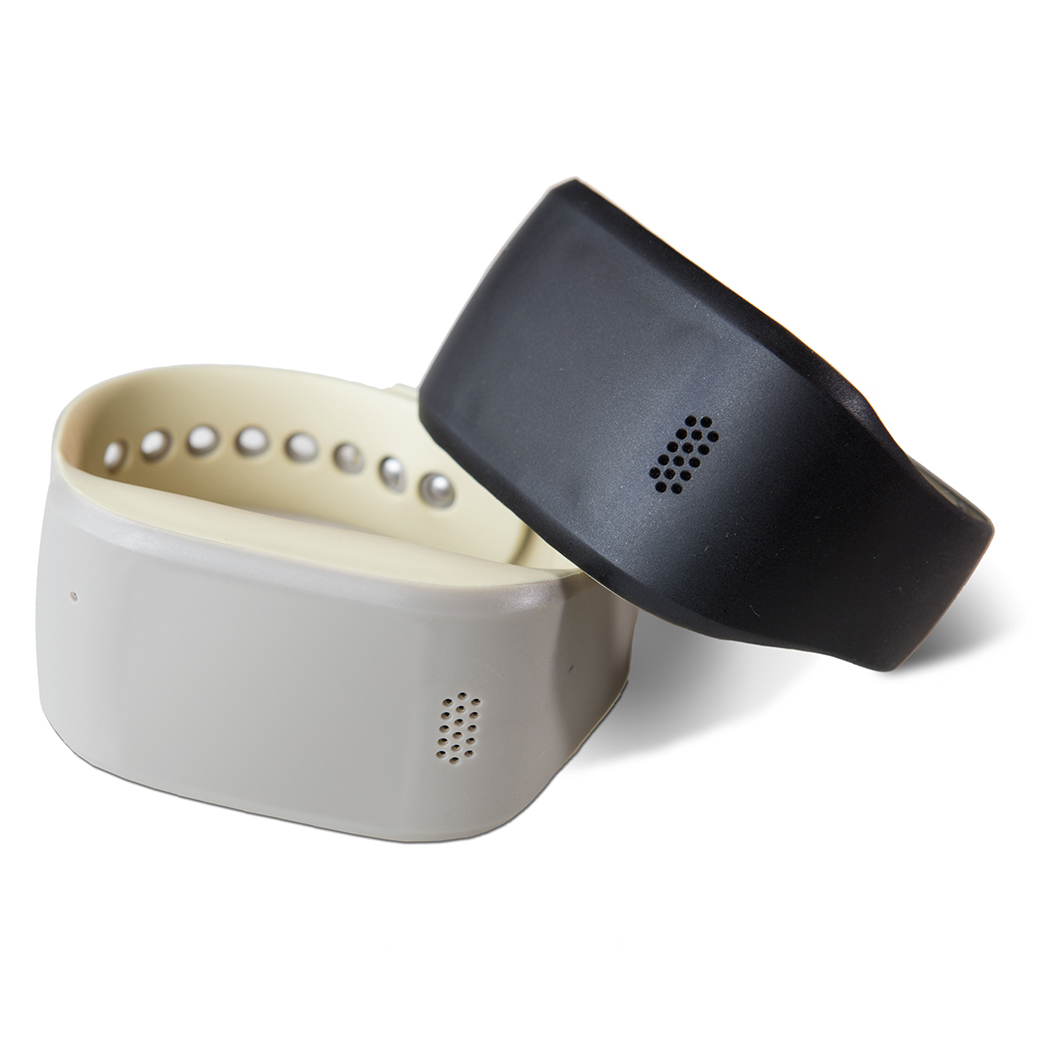
Personal alarms are small electronic devices that can be carried around and emit a siren sound. Activated by a button or tag, personal alarms alert the user of a danger. They are legal to carry in all 50 states. A personal alarm can be a valuable tool if you are concerned about your safety.
As a form self defense, personal alarms that can be used for self-defense are a good option.
An alarm personal can deter an attacker, and even call for help if they attack. You can set it up at will and it will make a loud sound. It will also attract the attention of other people. It can be heard from hundreds of yards away, and could cause the attacker to run.
They emit an alarm sound of high-decibels
The best personal alarms emit a high-decibel noise in case of an emergency. These alarms are louder than sirens that sound like tornado sirens. The sound can be so powerful that it can cause physical pain and hearing loss if it is not treated right away. These alarms can either be activated by pulling on a lanyard or removing a pin made of metal.

They can also be worn on keychains
Personal alarms can be worn on a keyschain and can be used to protect yourself or loved ones in an emergency. They are legal in all 50 US states and easy to use. One button push will activate the alarm to alert others. A few personal safety alarms even have a backup whistle.
They are legal to carry in all 50 states
Personal alarms are a cost-effective self-defense tool that is legal in all 50 states. They produce a sharp sound that scares away potential attackers. They can be attached to a keychain or clipped onto clothing. A button can activate the alarm. A personal alarm can also send an alert to other people in case of an attack. Some models have a backup whistle.
They are very easy to use
Personal alarms notify authorities about your location in the event of a fall. These devices are simple to use and can often be operated by batteries. They can be worn around one's neck or in a pocket.
They are portable
Personal alarms, which are small and portable, sound an alarm when activated. They can be heard upto 1,000 feet away and are very effective in scaring attackers. They also feature a strobe light on the front that flashes if the alarm ring is pulled. The police can use these devices to deter suspects in cases where they aren't visible.

They are very affordable
Personal alarms are an excellent way to ensure that the elderly and infirm remain safe at home. They can alert emergency service personnel if they feel unsafe or alone. Personal alarms can also be worn around one's neck or wrist with the help of pendant buttons. They can be used in times of emergency and provide reassurance.
FAQ
How do beginners do self-defense?
Self-defense is not just for people who have been trained by experts. You should also know how to defend your self when you're alone. To protect yourself against an attack, you should know the basics.
Start by learning basic movements like punching, kicking and kneeing. Then, you can move on to more complex moves like grappling or joint locking.
It's always a good idea to practice the same things you will encounter in real life. For example, if you want to learn how to kick someone, then you should practice on something soft like a pillow.
You won't inflict any injuries while you practice. You should also be careful not to hit any object hard, as you could break it.
Is there a place to buy a stungun?
You can buy stun guns at many places.
Online stores such as Amazon.com, eBay and Walmart are available.
Brick-and mortar stores like hardware, sporting goods, and other stores can be visited.
What should I look at in a class for self-defense?
When choosing a self-defense class, you should look at the instructor's experience and reputation. Ask about their education and credentials.
Ask if they offer discounts or free trials. Many instructors offer discounts or free trials to new students.
Ask them if they offer online courses so that you can access them whenever you like.
Ask about whether they offer emergency medical care following a class. This is particularly important if you are injured in a class.
Look for a class that has a variety of exercises. This ensures that you have plenty of time for each technique to be tried before moving on to another.
Can I legally carry a stun gun?
Yes. You will need a permit from the state.
A permit application must be completed and paid.
You must keep your permit visible once you have received it (like your wallet).
You'll need to apply again if you lose your permit.
Statistics
- Verbal harassment was the most common form, but 51 percent of women said they were touched or groped in an unwelcome way, while 27 percent of women survived sexual assault. (healthline.com)
- In a January 2018 survey of 1,000 women nationwide, 81 percent reported experiencing some form of sexual harassment, assault, or both in their lifetime. (healthline.com)
- Some people walk into a gym thinking they are going to become the best by training whenever they like and not putting 100% effort in. (budodragon.com)
- The Rape, Abuse & Incest National Network reports that 70 percent of sexual violence cases aren't committed by random strangers in a dark alley but by people we know: friends, family, partners, co-workers, etc. (healthline.com)
External Links
How To
How to Survive a Home Invasion
Home invasion is a scary thought, especially when there are kids involved. When we began our home security system installation journey, we didn't realize we'd live through it ourselves. Here's what we've learned so far.
-
Don't Let Your Kids See The Attackers. Two men entered our home while our children were asleep upstairs. They were taken downstairs by us until police arrived. Although our children weren't injured, they were traumatized enough.
-
Lock up all valuables. All valuables are kept in a safe in the bedroom. Even if someone attempts to break into your house, they won’t be able access it.
-
Keep an Eye out for Burglars. Our neighborhood is known for its high number of burglaries. We keep a look out for suspicious people and cars.
-
Have a Backup Plan. If something happens, our family will be taken over financially. We also have a plan to leave the country if necessary.
-
Always be prepared Prepare for anything. Be prepared with food, water, as well as other supplies.
-
Call 911 First. If someone breaks into your house, dial 911 immediately. It's better to call the authorities than to wait for them to break down your door.
-
Use Common Sense. You won't allow anyone in who isn't right for you. Also, don't invite strangers to come over.
-
Reach out to your neighbours or other residents in your area for assistance. If you feel unsafe call neighbors and friends. They can be there to help you while you call 911.
-
Keep calm and do what is instructed by police officers. Stay calm and do exactly as instructed by officers. Don't run away or resist arrest.
-
Take Pictures Of Any Evidence. Photograph all evidence you find during the investigation. This includes fingerprints, blood samples and other items.
-
Local Law Enforcement Can Be Reported. File a report with law enforcement even if no one was injured. You may be able to prevent other crimes.
-
Call the Insurance Company immediately. Call your insurance company immediately. Inform your insurance company about the events and request an adjuster to visit to assess the damage.
-
Retire Personal Belongings. You should get rid of all personal belongings. Don't wear expensive jewelry. Take it off and put it away.
-
Clean Up After Yourself. Make sure you clean up after yourself. Clear away trash and broken glass. Make sure that all doors and windows are securely locked.
-
Talk about What Has Been. Don't talk about anyone's past. It is possible that someone might use the information against you.